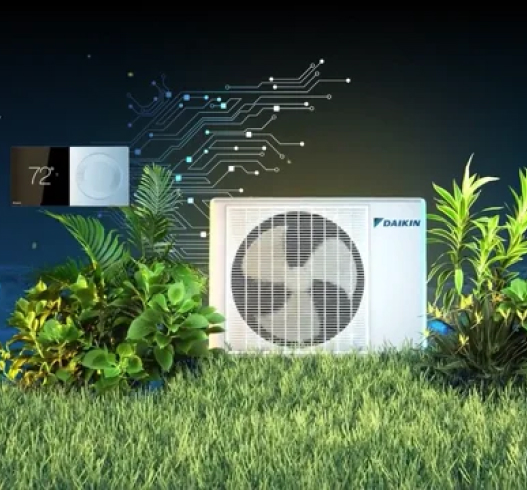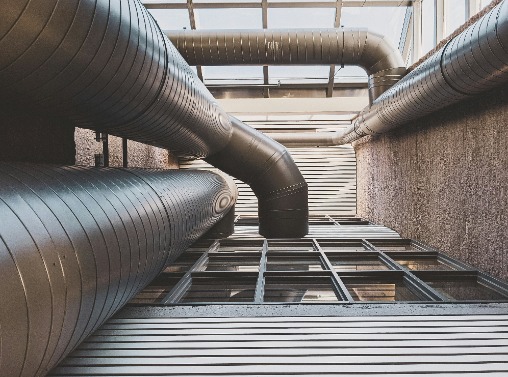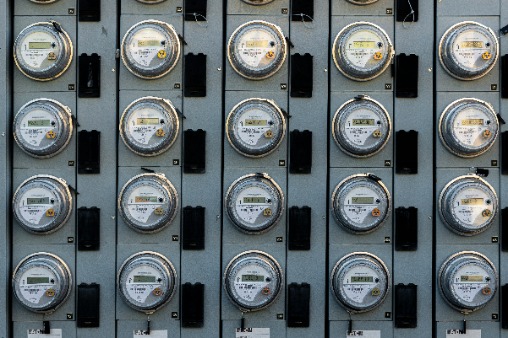What is a Heat Pump?
If you currently have an air conditioner and a gas, propane or oil-based heating source used for home heating, you may not know what a heat pump is or have experienced its sustainable benefits. A heat pump is designed to cool indoor air on warm days, just like an air conditioner, but with the added benefit of energy-efficient, electric heating for those colder months of the year.
In winter, a heat pump extracts heat from the cold air outside and transfers it inside. In the summer, it transfers the hot air from inside a house to the outside.
How Does a Heat Pump Heat Your Home?
Modern heat pumps, especially those with inverter adaptive technology, are designed to heat homes quietly and efficiently, even in cold temperatures. It seems counter-intuitive, but there is enough heat energy in cold outside air for a heat pump to transfer that heat to the inside of your home - all while using only a small amount of electricity. With the growing demand to move away from fossil fuels, installing a heat pump could help communities meet sustainability goals for lower emissions while ensuring your indoor comfort.
There is one component that differentiates a heat pump from an air conditioner – the reversing valve. This reversing valve allows the refrigeration process to be ‘reversed,’ meaning the system pulls in heat energy from the outside air rather than the inside air.
When the reversing valve flips to the heat mode, the refrigerant becomes cold enough in the outdoor coil to absorb heat from the outside air. That’s right! A heat pump is designed to transfer heat from the outside air, even in cold weather!
How Does a Heat Pump Work?
The heat pump and the air conditioner rely on the same closed-loop refrigeration principle of transferring thermal energy. Simply put, a heat pump extracts heat away from one area and moves it to another. So, to keep your indoors hot, here is how it works:
1. A motorized fan circulates air inside your home and pulls it into duct work. If you do not have ducts already installed in your home, no worries; Heat Pumps can also be ductless – keep reading! Meanwhile, an outdoor compressor circulates refrigerant between the indoor evaporator and outdoor condensing unit, which cyclically changes the state (liquid vs gas), and pressure (hence, the physical properties) of the refrigerant along the way. This is the basic thermodynamic principles that makes a heat pump more energy efficient than, say, electric resistance heating or burning fossil fuel.
2. In heating mode, the cool, interior air returned to the ductwork is heated when it passes over your interior coil.
3. The warm air is then pushed through connecting ducts to vents throughout the home, heating the interior temperature.
4. The cooled refrigerant is then pumped through a closed system to the outdoor coil, where it absorbs its heat again. This outside coil acts as an evaporator (when heat pump Is used to heat the space) because the refrigerant is “evaporating” from a liquid to a gas when gaining heat energy which is then again transferred indoors. This is a closed loop, constant cycle of your heat pump system.
5. When the indoor temperature reaches the set point on your thermostat or control system, the heat pump pauses (or reduces the speed of the compressor If you're lucky to have an inverter adaptive system until your indoor air gets too cold.
6. When the inside temperature gets colder than the set point on your thermostat, the cycle begins again.
Ducted Heat Pumps
A ducted heat pump is located on the outside of your home. It is typically paired with an indoor heat exchanger that is often located in an attic, interior closet, the garage, sometimes the basement. The two pieces of equipment are connected by a closed circuit of pipes containing refrigerant. Inside the home, the heat exchanger is connected to the ductwork that distributes heated or cooled air into your various spaces.
What is a Ductless Heat Pump?
These systems do not require interior ductwork. A “ductless” unit is comprised of an outdoor unit that is connected to one or more indoor units. Rather than the traditional ducted systems that feed air into a space through a series of vents, ductless systems are installed in the space they are meant to heat or cool.
If you’re not ready to make a full transition away from your current furnace, adding a ductless heat pump to your current HVAC system set up is great way to enjoy the benefits of heat pump technology, while reducing the usage of your current fossil fuel heating system.
Homeowners can also utilize ductless heat pumps in home additions such as an enclosed sunroom or detached garage, where original ductwork is not available.
In this article
Connect on Social Media
 Follow on Facebook
Follow on Facebook
 Follow on YouTube
Follow on YouTube
 Follow on Instagram
Follow on Instagram
 Follow on X
Follow on X
 Follow on TikTok
Follow on TikTok
 Follow on Pinterest
Follow on Pinterest

Looking for help now?
Enter your zip code to search for Daikin Contractors in your area.
Learn More
Learning Center Content
Stay informed about home comfort technology, when to upgrade, energy efficiency, and reducing your energy bills.





























